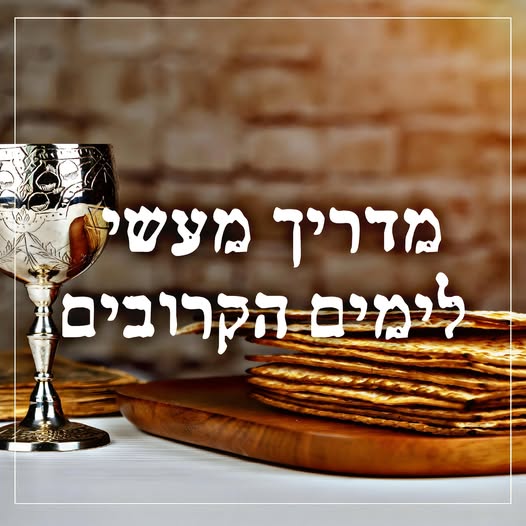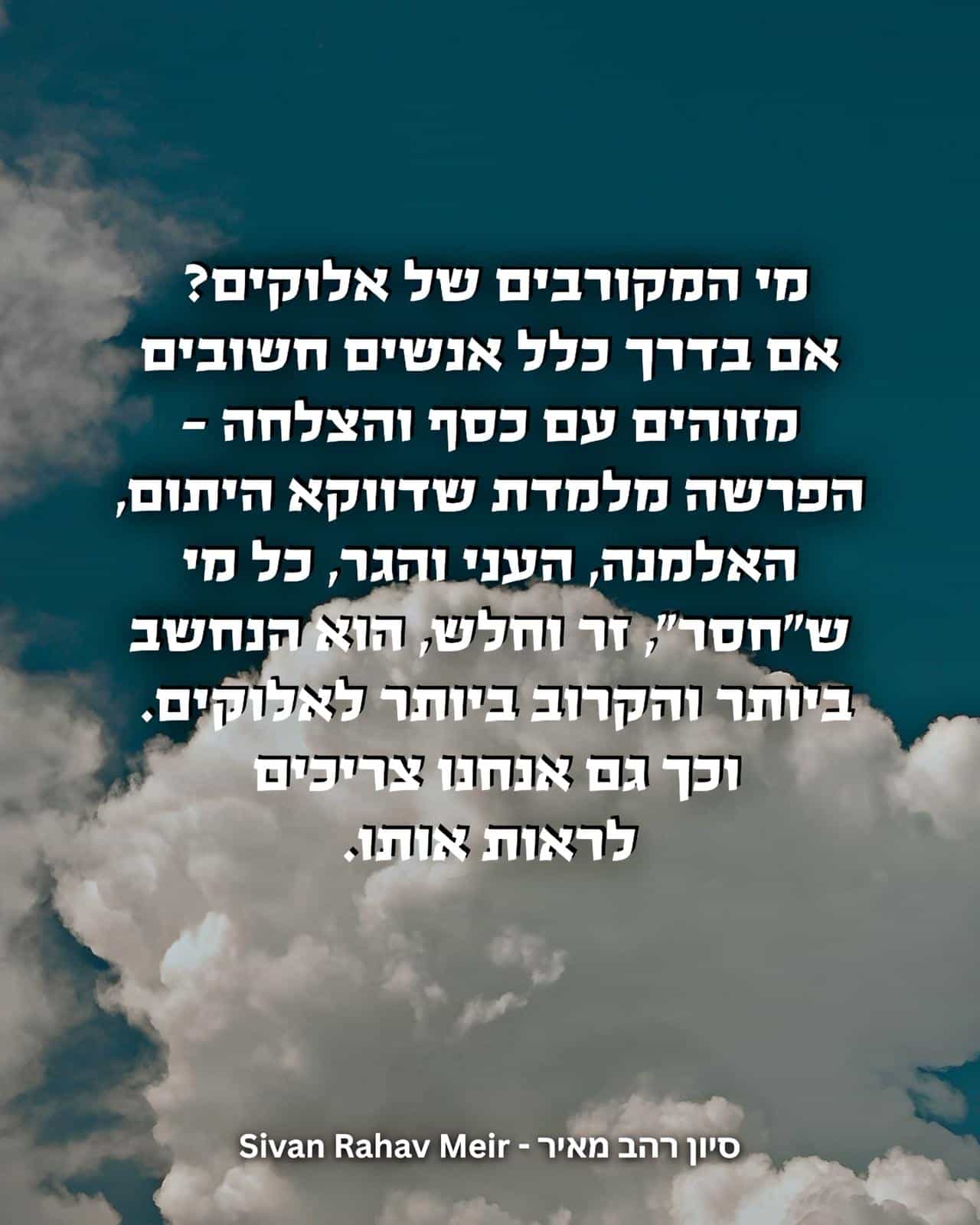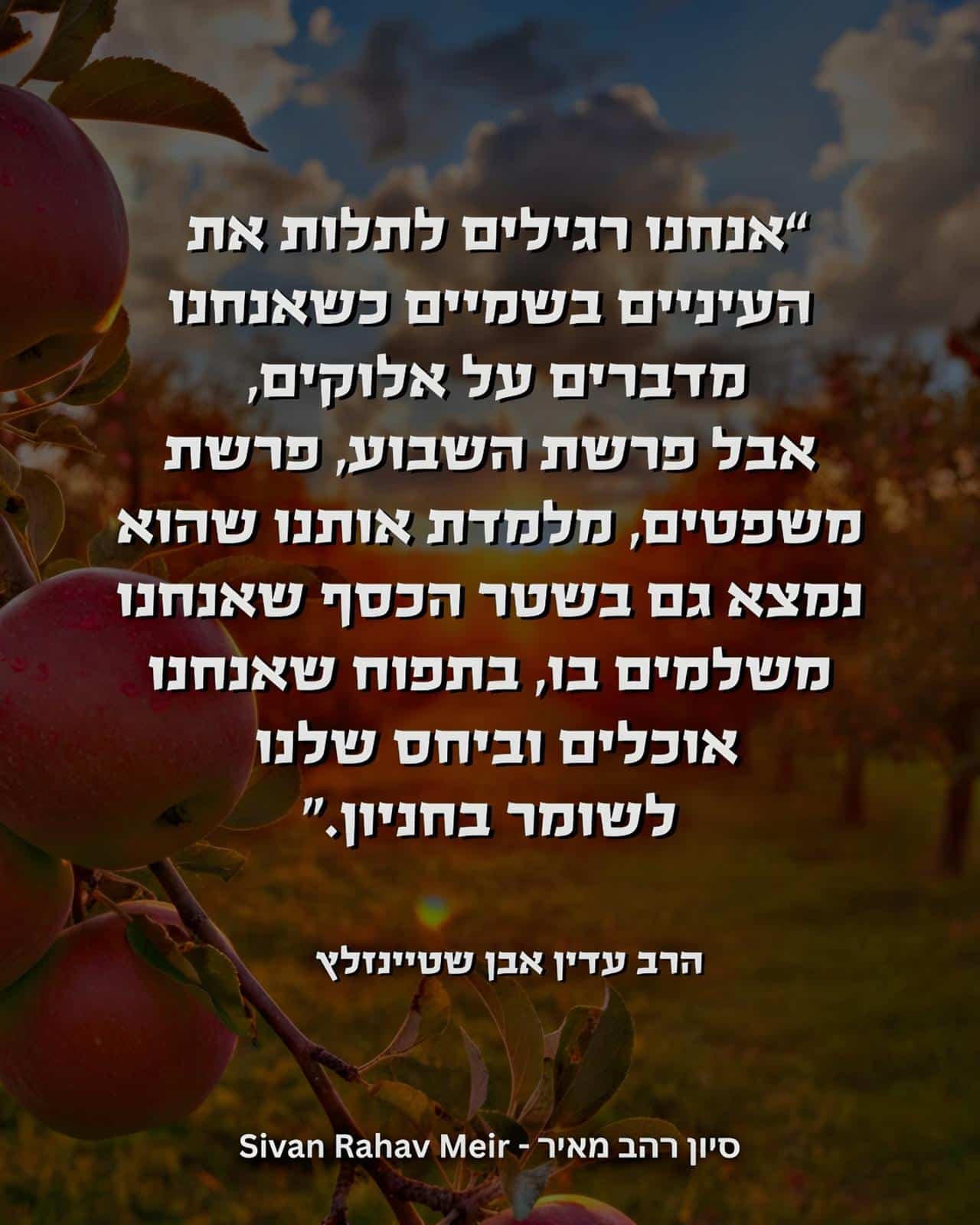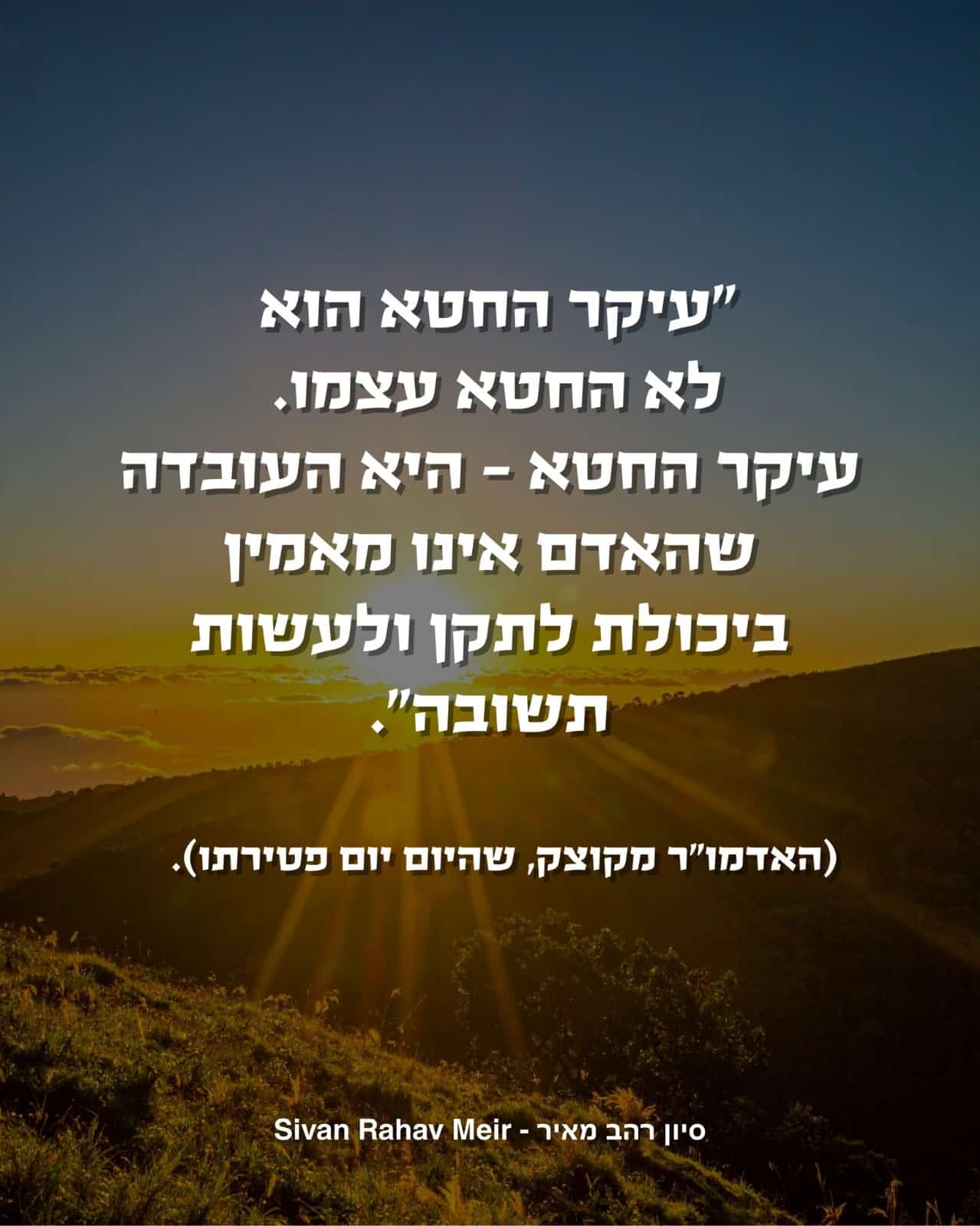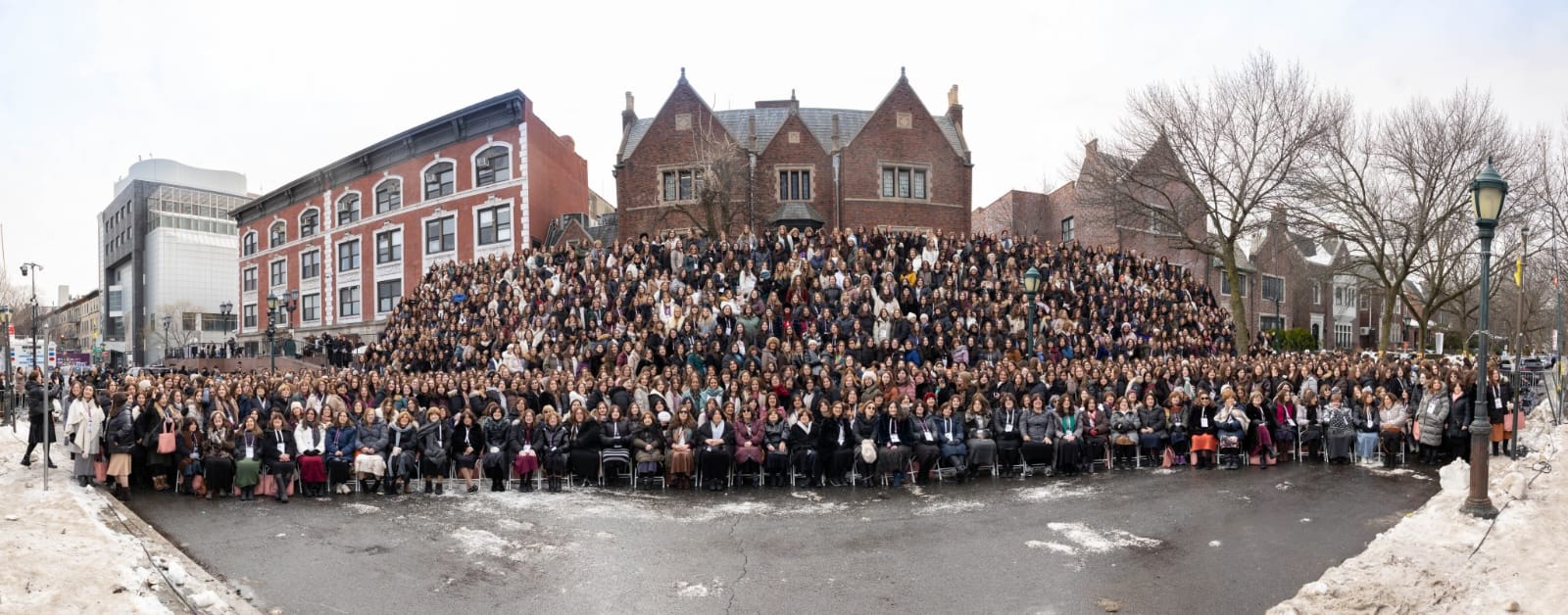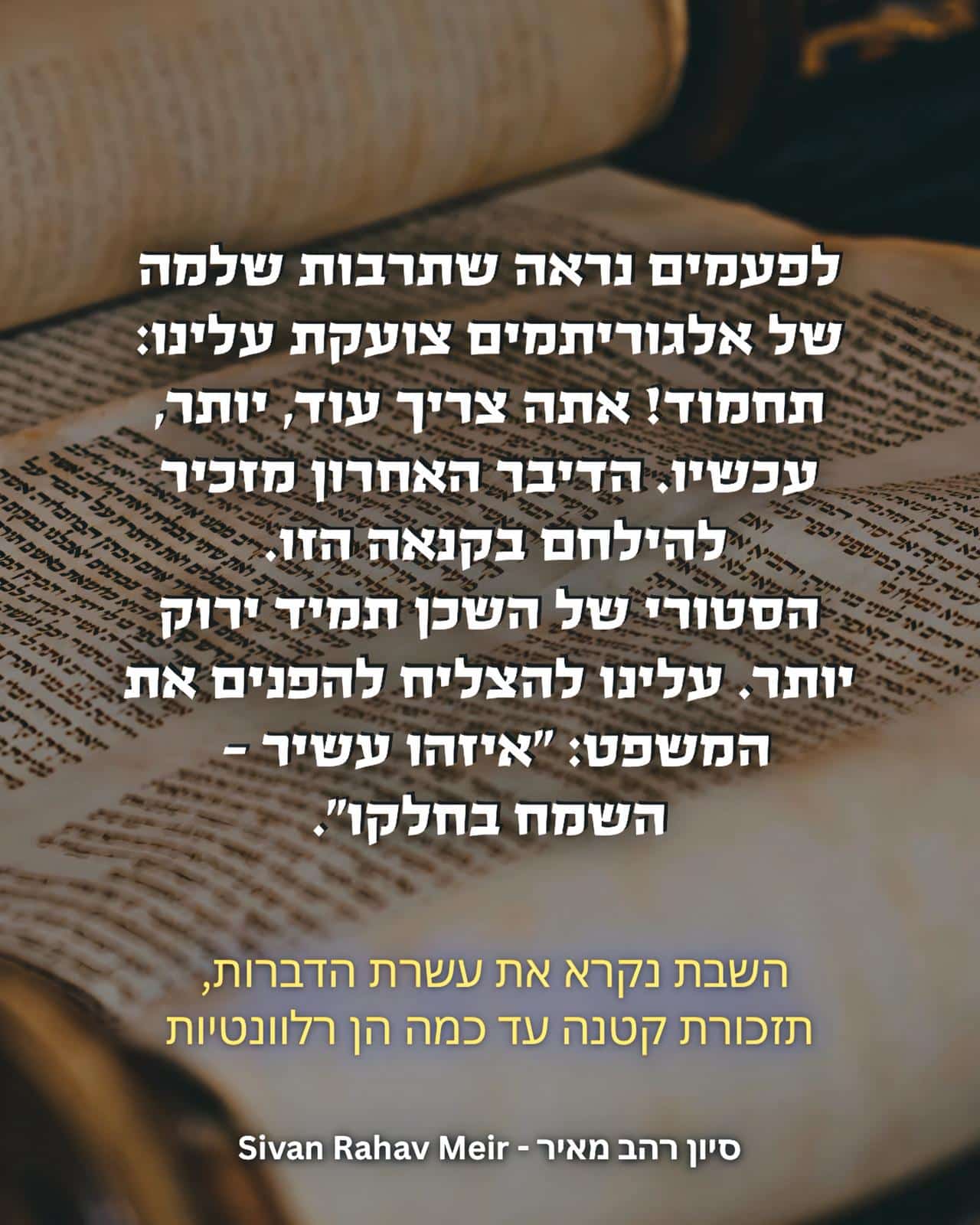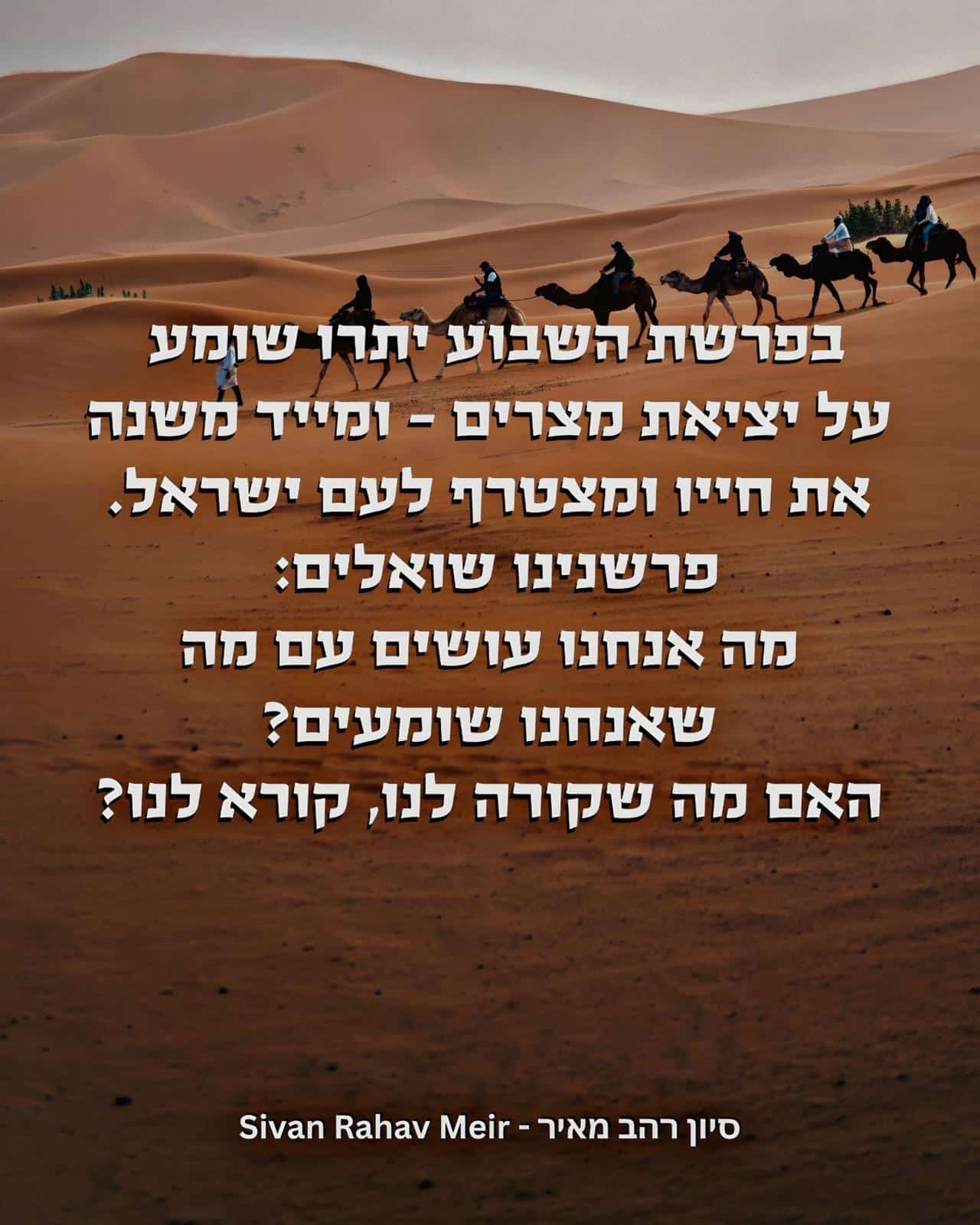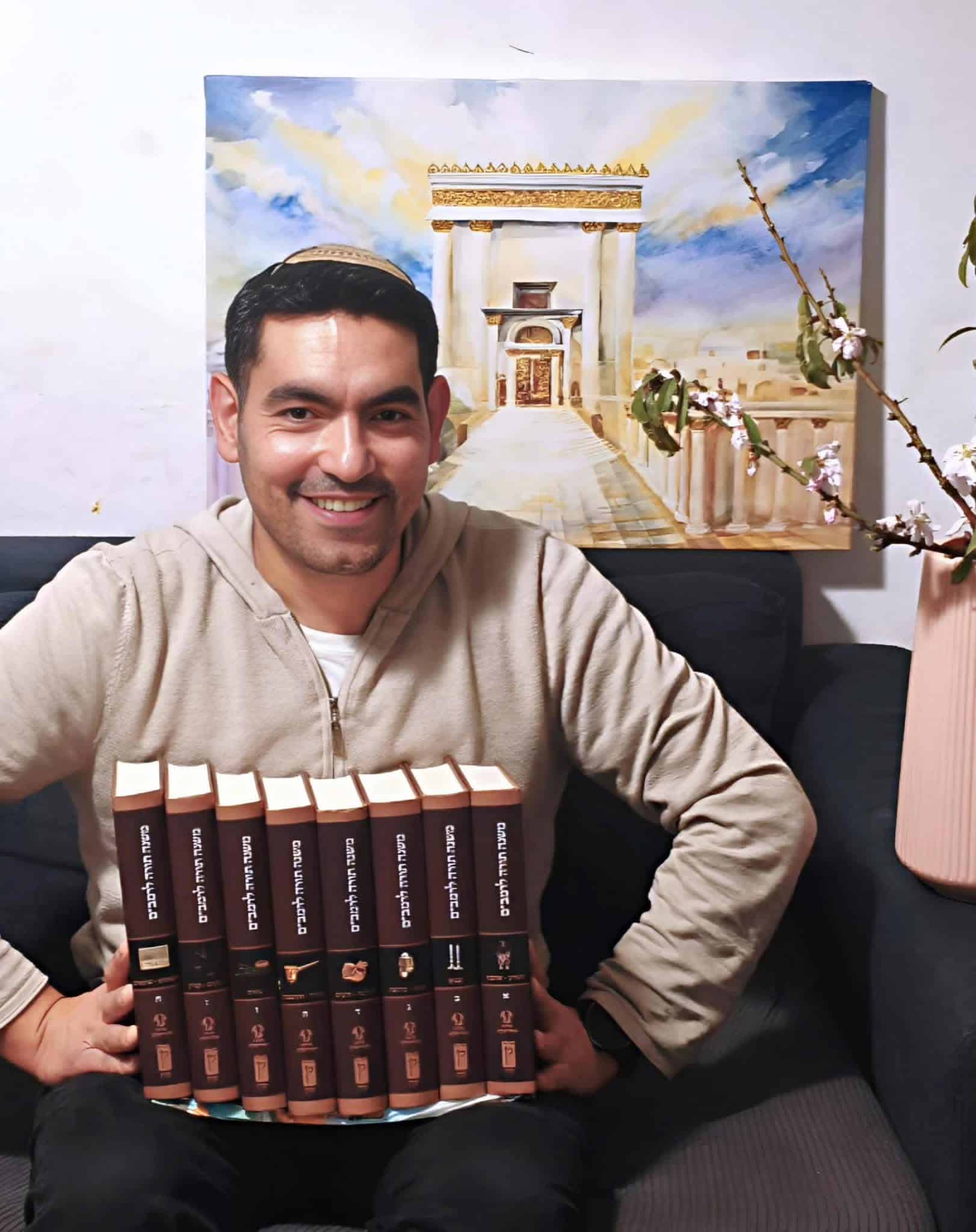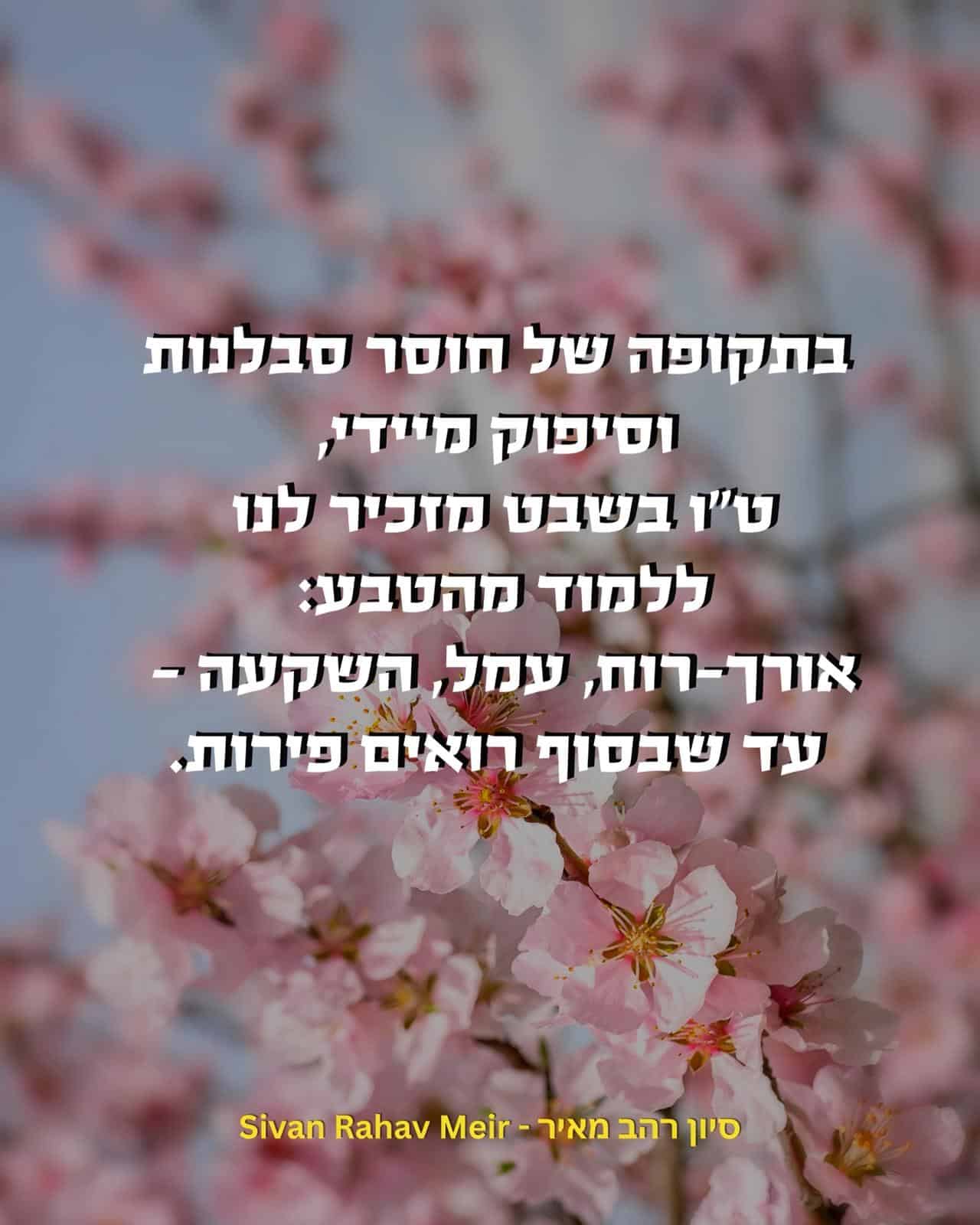* Translated by Janine Muller Sherr
According to recent surveys, many Jews today, both in Israel and around the world, are striving to get closer to their heritage and seeking more practical knowledge about how to observe Jewish traditions.
This year Pesach is especially challenging since Erev Pesach falls on Shabbat and the Seder will take place on Motzei Shabbat (at the conclusion of Shabbat). So, what should we do this year?
1. First of all, it’s important to “talk tachlis”—to explain how Judaism is practiced. We are living in a new era for the Jewish people where there is a great thirst for knowledge. Everyone can act as a “shaliach” (emissary) and guide for his or her fellow Jew. A well-known rabbi told me that he recently went to a workplace to deliver a talk about Pesach. He started to speak about the themes of slavery and freedom, but the audience, which was mostly not religious, stopped him in the middle. They didn’t want to hear only about the lofty ideas and spiritual themes of Pesach; they were looking for “tachlis”—to understand the halachot (laws) about how to observe Pesach this year.
2. We can study on our own. There are so many classes available online with reliable and straightforward content, and of course, we can always ask our local rabbi or Chabad emissary for assistance. For ourselves and our families, it is important to learn as much as we can— to appreciate the deep significance of the holiday and to know how to prepare for it on a practical level.
3. We should notice those around us who might need our help to navigate these days. Some people aren’t aware of the importance of selling our chametz or when and where to sell it, when to stop eating chametz, and how to keep Shabbat that falls on Erev Pesach.
4. We should look around for people who would be delighted to be invited to our Seder. People are dealing with so many challenges. As you know, one is obligated to give tzedakah before Pesach (Maot Chittim), but that is not sufficient. We begin the Seder with the words: “All who are hungry, let them come and eat.” Often people aren’t seeking to satiate their physical hunger, but are yearning for a connection and relationship with others.
I encourage you to think of other ideas and suggestions for preparing for Pesach this year. Enjoy your preparations for this special holiday.
